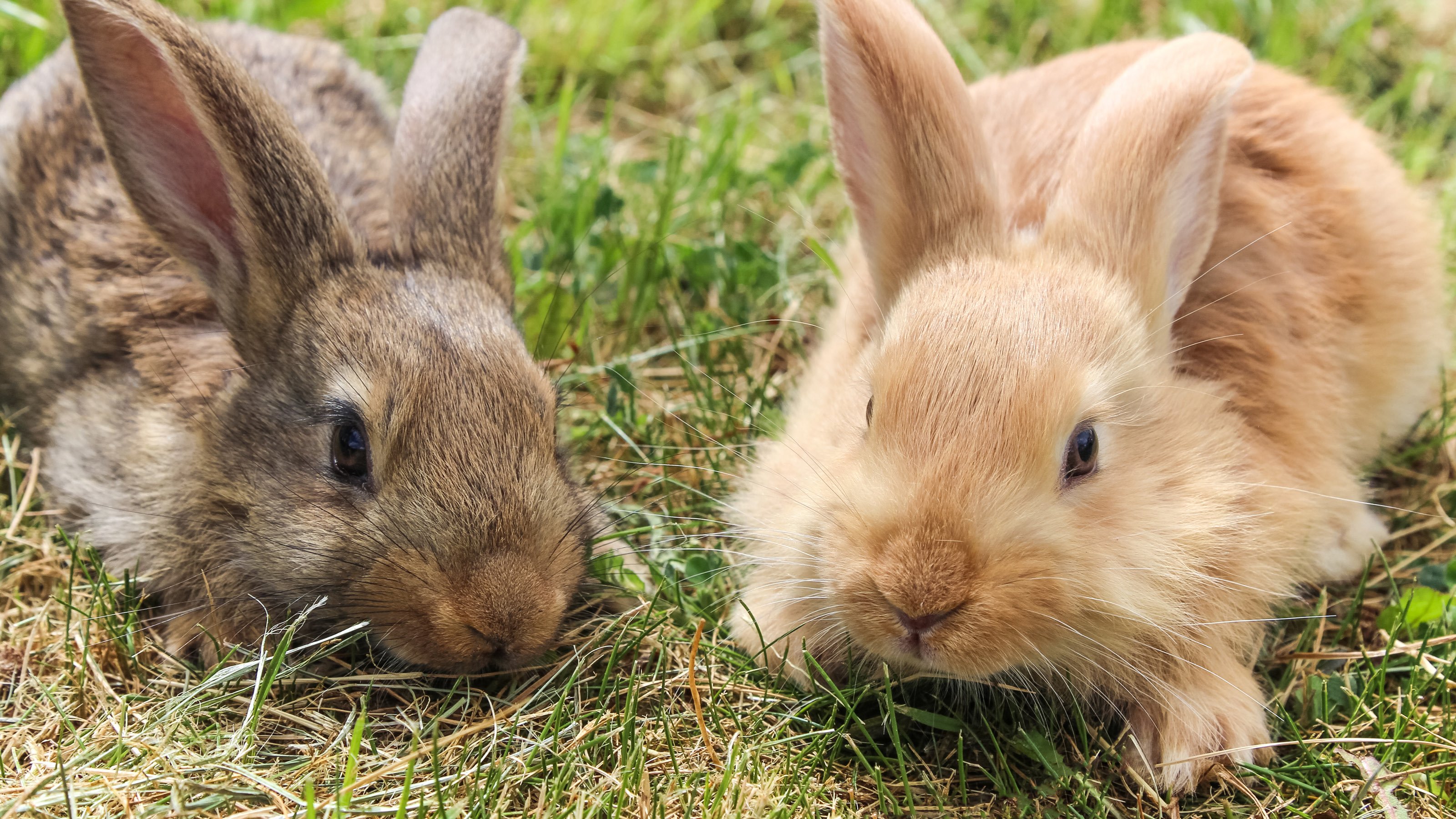
Looking After Your Rabbit's Teeth
Problem teeth can cause your rabbit all kinds of health problems.
Rabbits can make great pets, and more households than ever are making them part of the family. As rabbit teeth grow throughout their lives, making sure their dental health is looked after is a key part of keeping any rabbit healthy and happy. This is often managed by feeding a high fibre diet – don’t forget a rabbit’s diet should be 90% hay or grass! In many rabbits, however, teeth overgrow and need veterinary care.
Here at Vets4Pets we want to help you keep your rabbit’s mouth as healthy as possible, by promoting great ways to keep your rabbit’s teeth under control, as well as helping with our veterinary services when home care isn’t enough.
Read more about dental care for your pet
Ask your vet for appropriate products or check out a range of products from our friends instore.
More about looking after your rabbit's teeth
Rabbits have 28 teeth, 16 on top and 12 on the bottom. The most noticeable of these are the four incisors, the long teeth at the very front of the mouth. The back teeth are known as the ‘cheek teeth’.
Rabbits are different from cats and dogs because their teeth grow throughout their lives, and can grow up to 12cm a year! This is because their natural high-fibre diet wears down their teeth over time. Giving an appropriate diet to pet rabbits is important to make sure this process still occurs.
Eating a high-fibre diet and having plenty to chew on is the main mechanism of keeping rabbit teeth healthy. Approximately 85% of a rabbit’s diet should be grass/good quality hay, 10% leafy green vegetables and only 5% pellets or nuggets. Teeth should also be checked regularly. Rabbits have small mouths and get easily stressed, so examining more than the incisors at home is not possible. Regular dental checking by your clinical team allows examination of all the teeth, so developing dental problems do not get missed.
Disease usually stems from overgrowth of cheek teeth or incisors. This can be due to:
- A lack of wear due to not eating enough fibrous food.
- Dental problems at birth.
- Traumatic injury.
Any of the teeth in the mouth can overgrow. Overgrown teeth can dig into the soft tissue in the mouth, which is very painful, and can also prevent your rabbit from chewing properly.
Signs of rabbit dental disease can include:
- Lack of appetite (note: rabbits need to eat very frequently to keep their guts moving; a rabbit that has a reduced appetite should always be seen by a vet as soon as possible).
- Runny eyes.
- Dropping food.
- Wet chin or front legs.
- Rubbing face.
- Facial swelling.
- Lack of grooming.
- Faeces accumulating under the tail.
At the clinic, your vet or nurse will examine the teeth, using a scope to see the cheek teeth. This is not painful and can be done conscious.
If there are problems with the cheek teeth, these need to be addressed under general anaesthetic. Overgrown teeth can be rasped to reshape them, and the soft tissues of the mouth can be more fully examined than in a conscious rabbit.
In some cases this will be enough, but many dental issues in rabbits are chronic and require ongoing treatment throughout the rabbit’s life.
To see what goes on when your rabbit comes into the clinic for dental treatment, follow our behind the scenes link.
Complete Care

Rabbit Advice
Read more of our expert rabbit advice to keep your rabbit happy and healthy.
